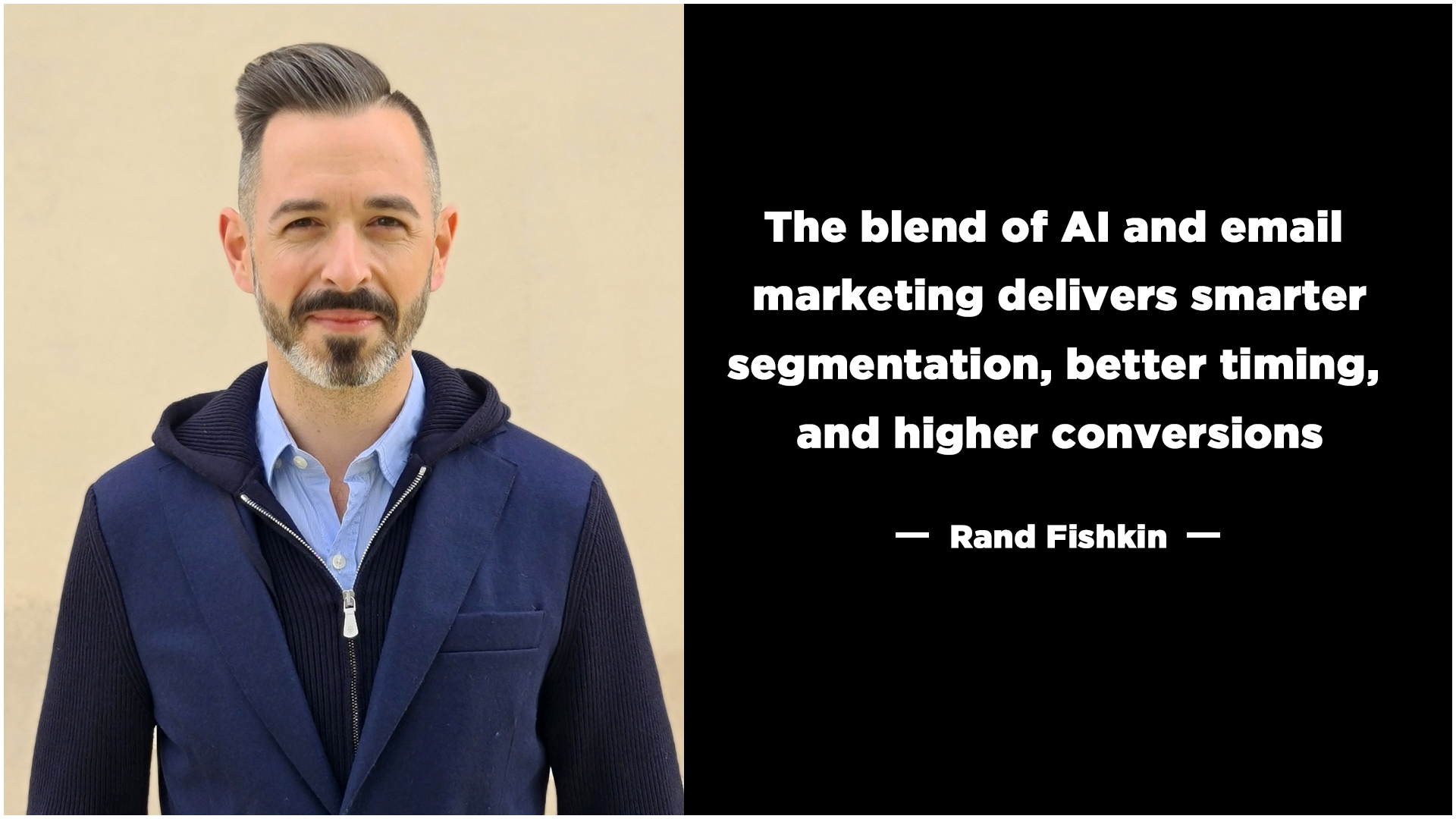Table of Contents
Introduction
In 2025, the demand for intelligent, automated customer and employee engagement has never been higher. As enterprise businesses navigate digital transformation, AI-powered chatbots have emerged as indispensable tools for scaling operations, improving user experiences, and enhancing productivity.
Modern Artificial Intelligence chatbot platforms go far beyond basic scripted responses. They leverage cutting-edge technologies like natural language processing (NLP), machine learning, voice recognition, and integration capabilities to deliver real-time, human-like conversations across channels—websites, mobile apps, messaging platforms, and even voice assistant
In this guide, we’ve curated the top 8 AI chatbot development platforms tailored for enterprise businesses—highlighting their key strengths, use cases, and why they stand out in the evolving chatbot ecosystem.
Why Enterprises Need AI Chatbots
Enterprise businesses operate at a scale that demands intelligent automation across multiple touchpoints. AI-powered chatbots enable organizations to:
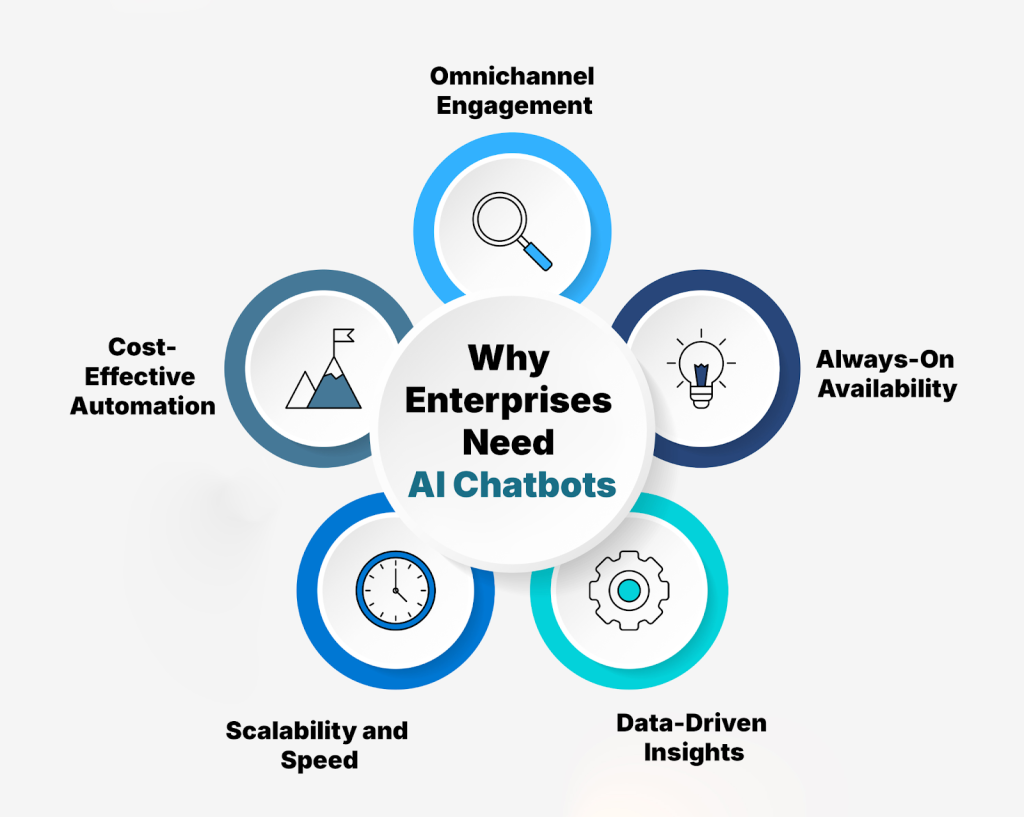
- Scalability and Speed: Enterprises receive thousands — sometimes millions — of customer inquiries, support tickets, and internal service requests every month.
- Cost-Effective Automation: AI chatbots help enterprises automate repetitive tasks such as FAQs, order tracking, appointment scheduling, password resets, and HR policy inquiries.
- Omnichannel Engagement: Modern consumers and employees interact with businesses across various platforms — websites, mobile apps, WhatsApp, Facebook Messenger, Slack, Microsoft Teams, voice assistants, and more.
- Always-On Availability: Unlike human teams, AI chatbots are available 24/7, 365 days a year.
- Data-Driven Insights: Every interaction with an AI chatbot provides valuable data on customer behavior, pain points, preferences, and buying patterns.
Benefits of AI Chatbot Development Platforms
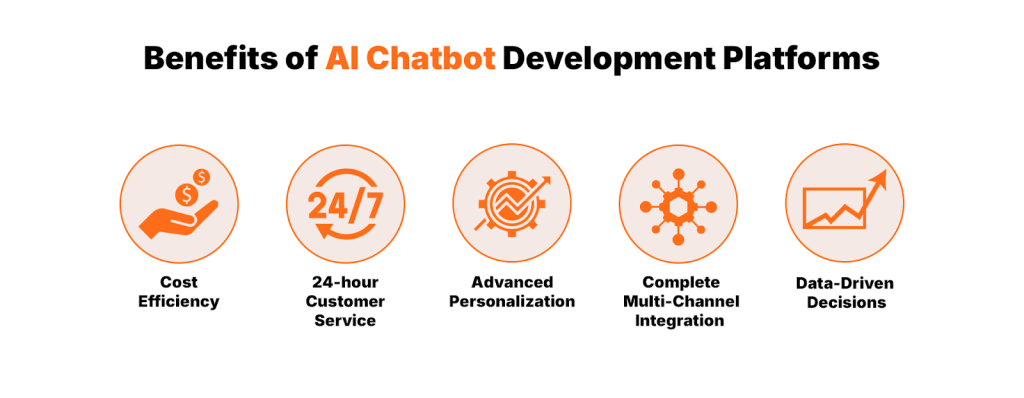
AI chatbot builders have revolutionized the way companies interact with their customers, providing proactive customer service by using intelligent bots.
- Cost Efficiency: AI chatbots cut operational costs by handling thousands of concurrent interactions without additional staffing. Businesses can cut costs associated with customer support by up to 30% while freeing up human capital for more strategic and involved tasks.
- 24-hour Customer Service: In contrast to human-level agents, AI chatbots offer 24/7 support, which means that you can respond to the customers anytime and anywhere. This real-time availability makes a huge difference in the customer experience and engagement.
- Advanced Personalization: Current AI platforms employ cutting-edge machine learning algorithms to learn context, learn from interactions, and deliver a highly personalized communications experience that feels natural and flexible to customer desires.
- Complete Multi-Channel Integration: They enable businesses to build seamless customer experiences across websites, mobile apps, social media, and messaging, ensuring a single communications platform at customers’ fingertips.
- Data-Driven Decisions: AI chatbots collect and analyze interaction data and can deliver insight into customer wants, popular requests, and potential service enhancements. This intelligence can drive product design, marketing, and business decisions.
Microsoft Azure Bot Service
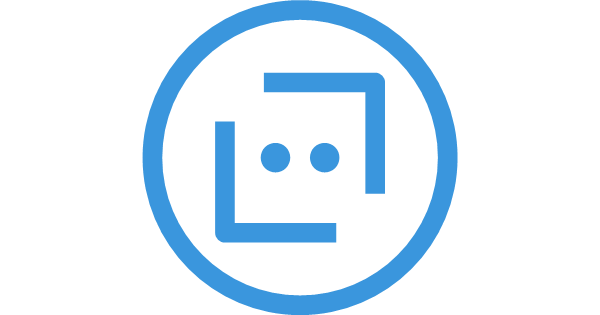
Microsoft Azure Bot Service is a powerful and scalable platform that allows enterprises to build, test, and deploy intelligent bots within the Microsoft ecosystem.
- Ideal for organizations already leveraging Azure services, this platform provides deep integration with Microsoft Teams, Office 365, and Dynamics 365.
- It supports development using C# and Node.js SDKs and includes out-of-the-box support for LUIS (Language Understanding Intelligent Service) to build bots that understand natural language intent.
- The Azure Bot Service also connects easily with Azure Cognitive Services, enabling bots to utilize AI capabilities like speech-to-text, translation, and computer vision.
- With its global infrastructure, Microsoft ensures high availability, performance, and compliance with enterprise security standards such as ISO, SOC, and GDPR.
Google Dialogflow CX
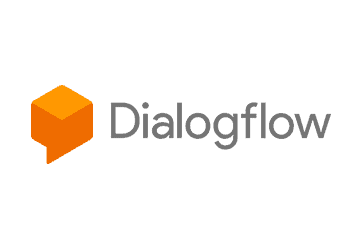
Google Dialogflow CX is the enterprise-grade version of Google’s conversational AI platform, purpose-built for managing complex, multi-turn conversations at scale.
- Unlike the standard Dialogflow ES version, CX offers a visual flow builder where developers and non-developers can map out large, contextual conversation journeys across different user intents and scenarios.
- This makes it easier to manage chatbots that need to handle multiple branching paths and maintain context across long dialogues.
- Dialogflow CX supports both voice and text-based interactions, allowing deployment across IVR systems, mobile apps, web interfaces, and smart speakers.
- With native support for over 30 languages, built-in speech recognition (ASR), and natural language understanding (NLU), it’s ideal for multilingual and omnichannel enterprises.
IBM Watson Assistant
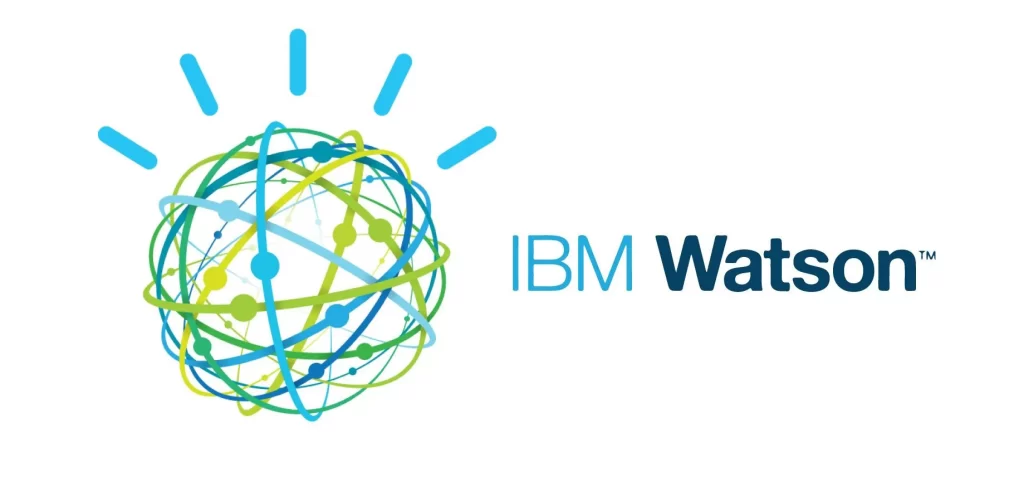
IBM Watson Assistant is known for its domain expertise, high-level customization, and hybrid deployment options that make it well-suited for regulated and security-conscious industries.
- Enterprises can deploy Watson Assistant on IBM Cloud, private cloud, or even on-premise—ideal for banking, healthcare, and government organizations with strict data residency requirements.
- A key differentiator is its integration with Watson Discovery, allowing bots to search and extract accurate answers from internal documentation, websites, and databases.
- This empowers bots to go beyond scripted responses and deliver contextually rich, personalized replies to user queries.
- Watson also offers powerful disambiguation features, meaning it can handle ambiguous inputs by asking follow-up questions to clarify intent.
OpenDialog
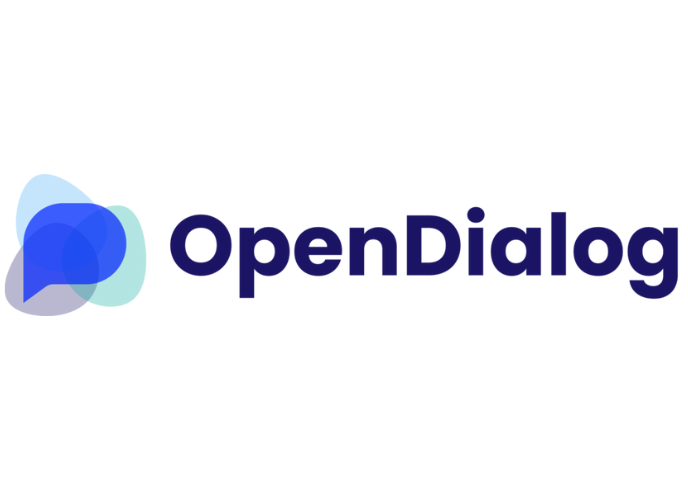
OpenDialog is a conversation design-first platform that gives enterprises more creative control over the structure and flow of AI interactions.
- Built as an open-source framework, OpenDialog lets teams visually design conversational journeys without needing to write complex code upfront.
- The platform promotes modular thinking, enabling companies to reuse logic and components across various use cases.
- Its restful API integrations, customizable decision models, and open architecture make it ideal for enterprises looking to build fully customized solutions across internal operations, customer service, and product engagement.
- It supports hybrid use cases like human-in-the-loop handoffs and personalized workflows that evolve based on real-time context.
Yellow.ai
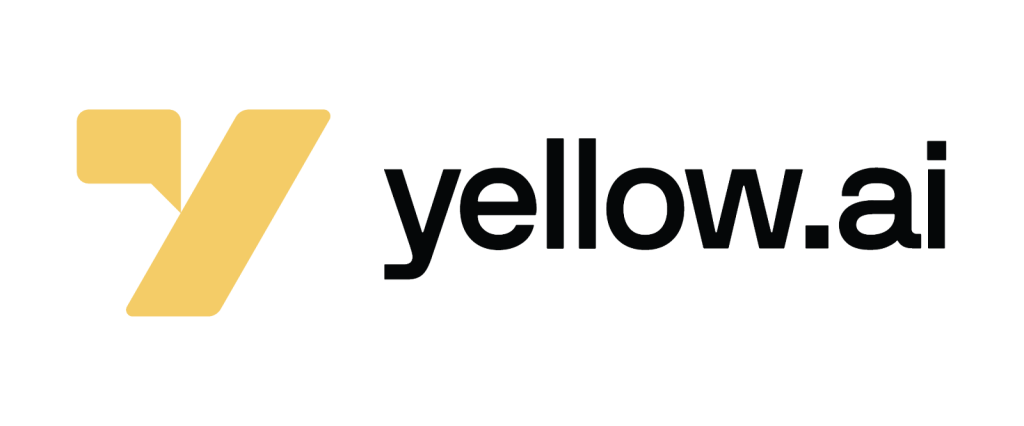
Yellow.ai is an enterprise-grade conversational AI and automation platform known for its multi-functionality and omnichannel reach.
- It empowers businesses to launch dynamic AI agents that serve both customer-facing and employee-facing needs across over 35+ channels—including WhatsApp, Instagram, Google Business Messages, Slack, and voice interfaces.
- What makes Yellow.ai unique is its ability to combine chatbot functionality with business process automation (BPA).
- That means the same platform can handle marketing campaigns, IT helpdesk workflows, customer service automation, and even internal HR functions—all powered by AI.
- Its low-code/no-code bot builder allows non-engineers to create intelligent flows, while developers can access its APIs for deeper integrations with CRMs, ERPs, and RPA tools.
Kore.ai
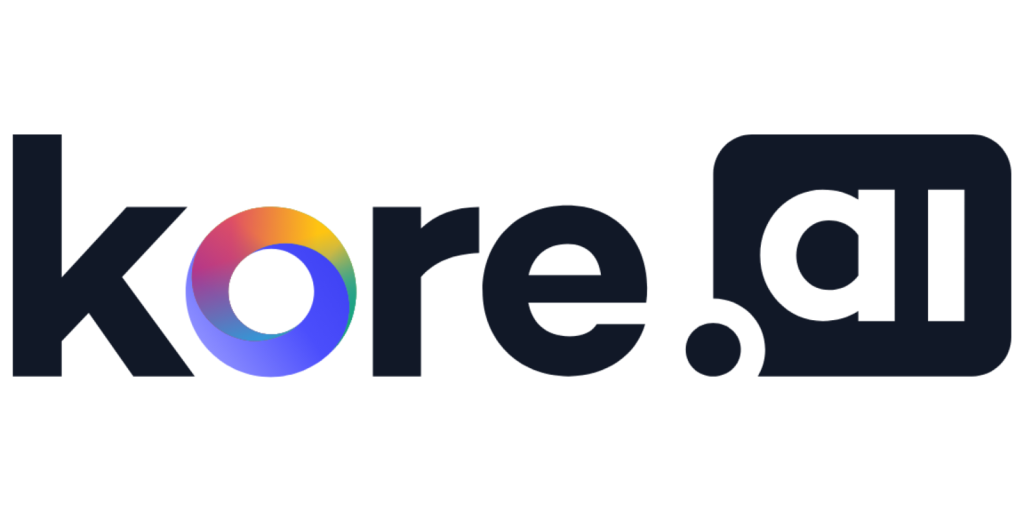
Kore.ai specializes in delivering secure, omnichannel AI virtual assistants designed specifically for enterprise-level use.
- It supports automation across both customer-facing and employee-facing channels, including websites, mobile apps, IVR systems, Microsoft Teams, WhatsApp, and more.
- Kore.ai provides a visual conversation designer, customizable NLP engine, and detailed analytics—all built with strict enterprise compliance in mind.
- It offers a vast set of prebuilt templates for common use cases such as appointment booking, password resets, claims management, and employee onboarding.
- The platform is compliant with HIPAA, GDPR, SOC 2, and ISO standards, making it particularly appealing to companies in healthcare, banking, and legal industries.
Ada
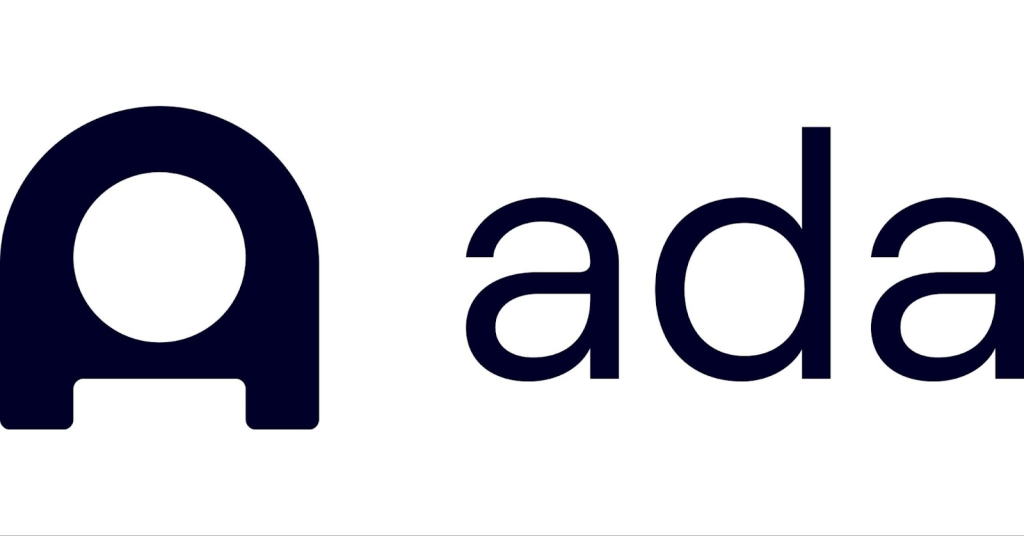
Ada is a no-code chatbot platform focused on empowering customer experience and marketing teams to build, train, and deploy chatbots without needing developers.
- Designed with simplicity in mind, Ada enables non-technical users to create bots that deliver automated, personalized support at scale.
- It integrates easily with Zendesk, Shopify, Salesforce, and other key CX tools to enable real-time personalization based on customer behavior, purchase history, and intent.
- Ada bots can automate up to 80% of customer queries, including FAQs, order tracking, returns, and product recommendations.
- Ada is particularly strong in e-commerce, travel, and SaaS industries, where customer expectations are high and real-time responses drive conversions.
Cognigy.AI
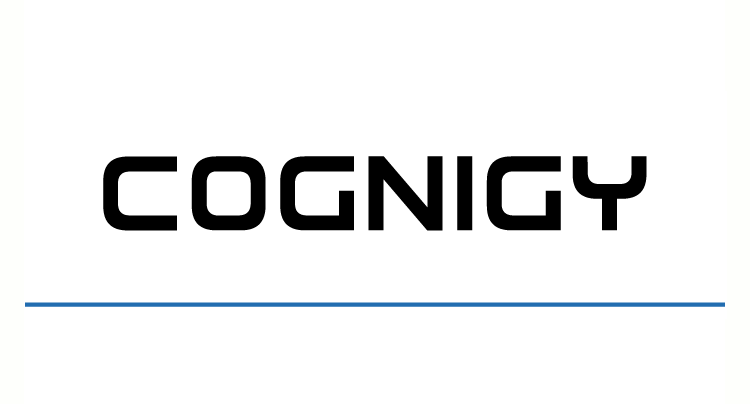
Cognigy.AI is considered one of the most advanced platforms for enterprise-grade conversational automation, particularly in voice and contact center applications.
- Its AI Copilot feature supports live agents with real-time suggestions, while bots built on Cognigy.AI can interact over web, messaging, and IVR systems.
- The platform supports over 100 integrations with enterprise software like ServiceNow, Salesforce, Microsoft Teams, and Genesys.
- With deployment options across cloud, on-prem, or hybrid environments, Cognigy offers unmatched flexibility for global organizations.
- It supports multi-language bots, advanced analytics, sentiment detection, and voice-first automation, making it ideal for companies wanting to deliver seamless user experiences across countries and devices.
Conclusion
Each platform also varies in ease of use and customization options, catering to different team strengths—whether you have in-house developers or prefer no-code solutions. This flexibility ensures that enterprises of all sizes and industries can find a chatbot platform that fits their unique operational requirements.
Ultimately, the future of enterprise communication lies in intelligent automation powered by AI chatbots. Choosing the right platform not only enhances user engagement but also drives innovation and competitive advantage in today’s fast-paced digital landscape.
As AI technology continues to evolve, these chatbot platforms will become even more capable of delivering personalized, context-aware interactions. Enterprises that invest wisely today will be better positioned to meet tomorrow’s customer expectations and operational challenges.
Deepak Wadhwani has over 20 years experience in software/wireless technologies. He has worked with Fortune 500 companies including Intuit, ESRI, Qualcomm, Sprint, Verizon, Vodafone, Nortel, Microsoft and Oracle in over 60 countries. Deepak has worked on Internet marketing projects in San Diego, Los Angeles, Orange Country, Denver, Nashville, Kansas City, New York, San Francisco and Huntsville. Deepak has been a founder of technology Startups for one of the first Cityguides, yellow pages online and web based enterprise solutions. He is an internet marketing and technology expert & co-founder for a San Diego Internet marketing company.

